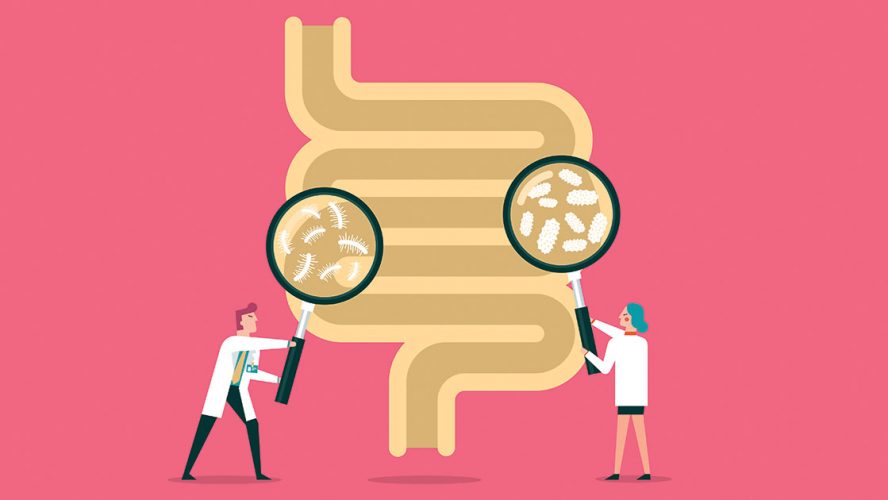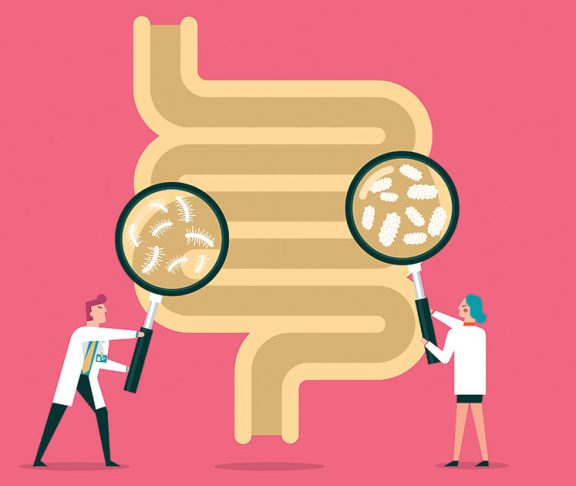
Aonghus Shortt
CEO, FoodMarble
While we need to eat as many healthy foods as we can, even some healthy foods can trigger digestive problems if we don’t digest them properly. If you become bloated after eating certain foods, you need to find out what specific foods you should be eating.
Everyone is radically different in terms of how they digest food. A big part of what makes your digestion unique is your gut bacteria. Even identical twins have a very different mix of ut bacteria, which gives insight into how it differs for the rest of us.
So, how do your gut bacteria affect your digestion? Your undigested food is their energy source. To extract that energy, your gut bacteria break down the foods that you can’t. In the process, they unfortunately produce certain gases. This can cause problems for people who experience frequent digestive issues, like irritable bowel syndrome (IBS) or food intolerances, for example.
There are certain food components called FODMAPs, which most commonly cause issues. These are hard-to-digest carbohydrates such as lactose (found in dairy) and inulin (in wheat, onions, and garlic). The particular gut bacteria you have will influence which of these FODMAPs you have a problem with.
It can be particularly hard to pin-point what foods or drinks are at fault, since foods can digest relatively slowly. This means the effects often build up over the day and the effect of different meals can overlap.
Thankfully, the science of digestion and gut bacteria is advancing rapidly, and technology has started to become available to help work out which foods you can digest. The potential to personalize your diet to suit your unique digestive system is becoming a reality.

